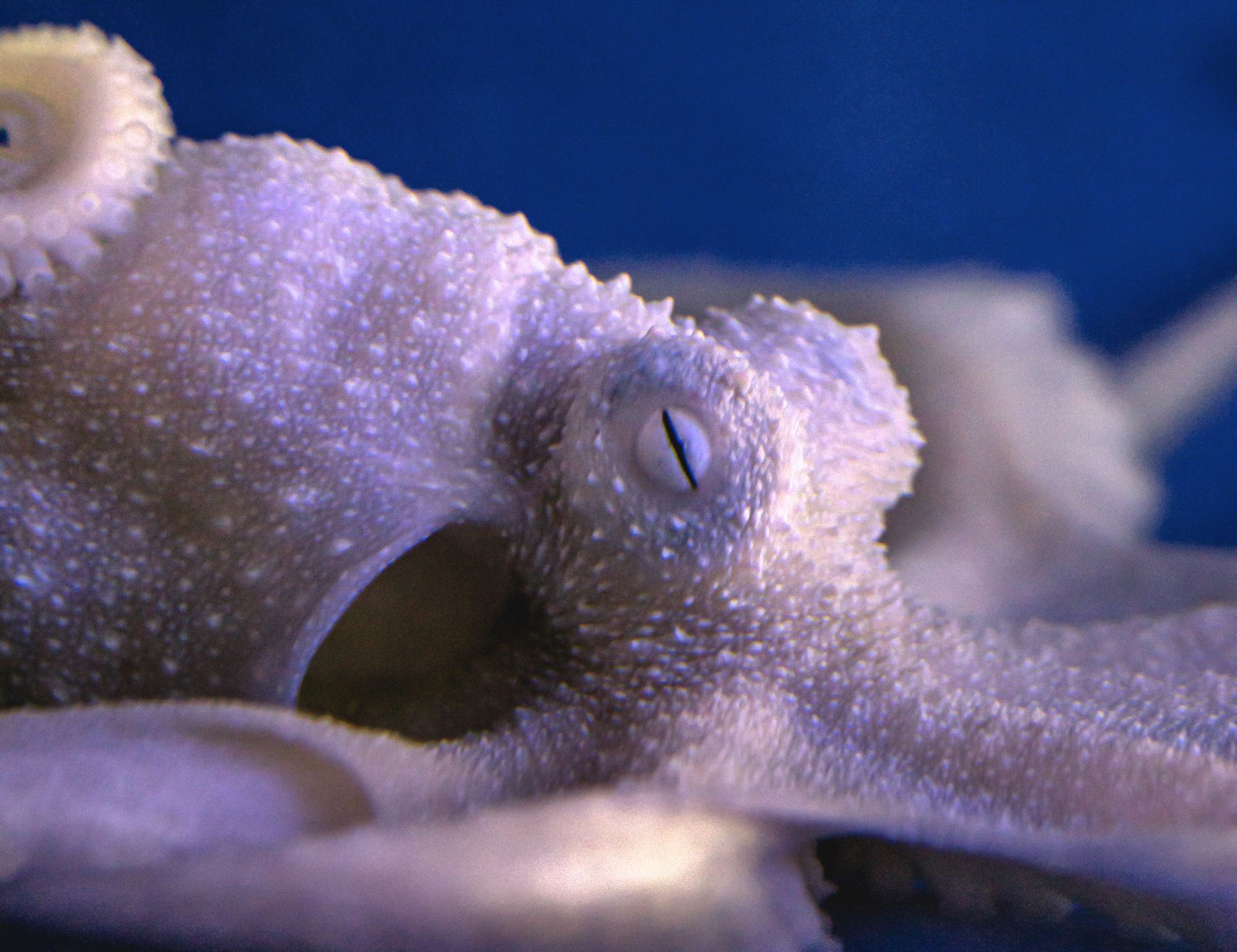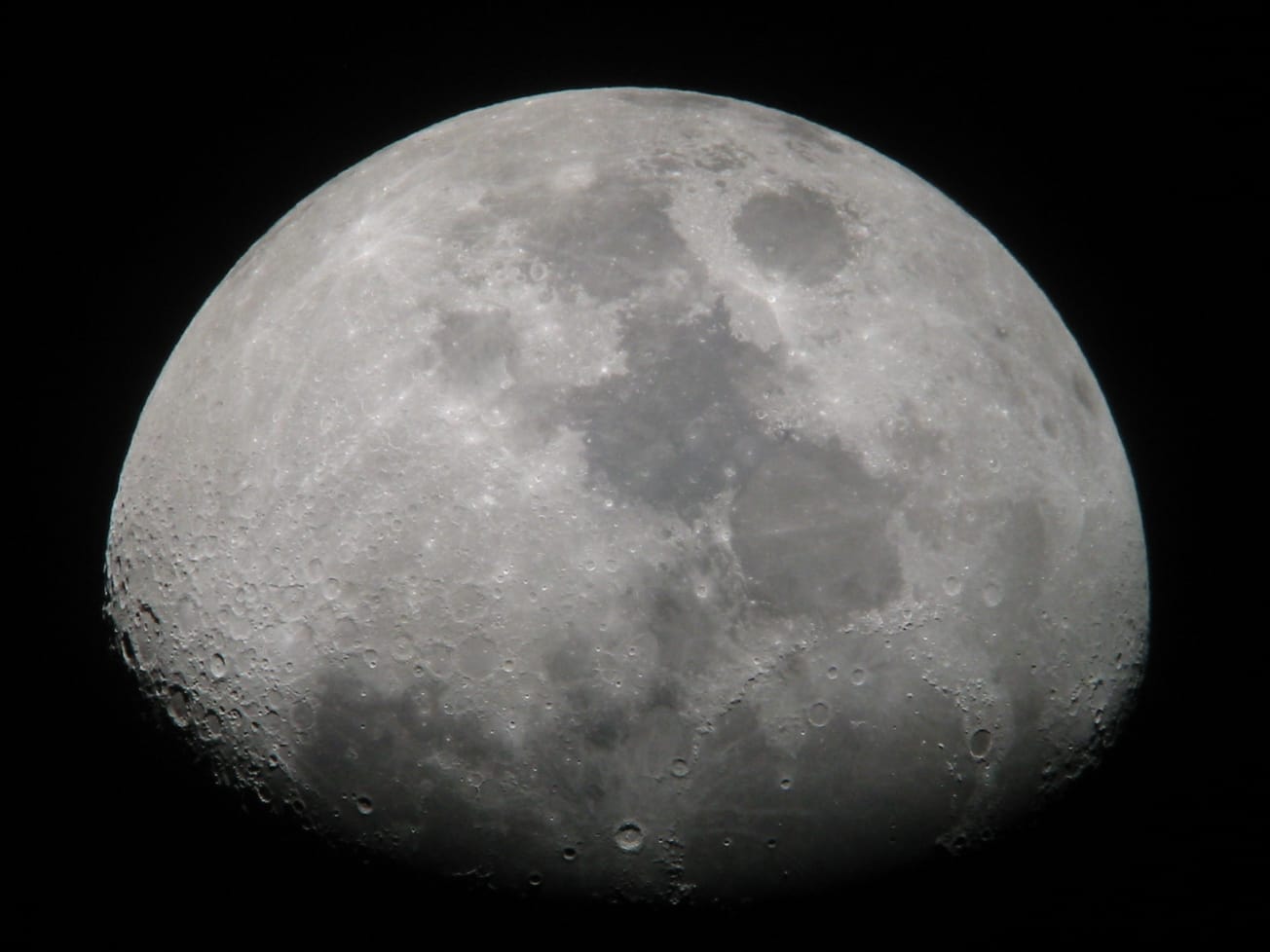By Carissa Wong, 4th Year PhD Cancer Immunology
A study into octopus’ vision, carried out by researchers at the University of Bristol, has enabled the development of a device that can detect the early signs of sight loss in humans.
Octopuses are colour-blind, and like other cephalopods such as squids and cuttlefish, they use camera-like eyes to instead detect the polarisation of light. It helps them to navigate their environment to evade predators and hunt prey. This adaptation seems to have resulted from living underwater, where colours are harder to distinguish but polarisation can be detected by octopus at any depth.

Light polarisation refers to the plane at which light waves travel. Unpolarised light waves travel forward in every plane, whereas polarised light only travels in one plane. Measuring the effects of light polarisation on animal responses is tricky, but Professor Shelby Temple and his team developed a technology that made this a lot easier.
Although it was known that octopuses can detect light polarisation, the study is the first to show that octopuses have the highest sensitivity to the polarisation of light, compared to any animal tested so far.
‘We knew that octopus, like many marine species, could see patterns in polarised light much like we see colour, but we had no idea that they could do so when the light was only two per cent polarised - that was an exciting surprise’, said Temple.

Although humans do not knowingly detect differences in light polarisation, we have macular pigments in our eyes that ‘differently absorb violet-blue light depending on its angle of polarization an effect known as Haidinger’s brushes. It’s like a super sense most of us don’t even know we have’ explained Temple. Macular pigments are carotenoids, the pigments which give fruit and vegetables their bright colours. Therefore, humans derive these pigments from their diets.
So, eating your fruits and vegetables is key, as it turns out that these macular pigments also help to prevent sight loss, which results from age-related macular degeneration (AMD). AMD is the most common cause of incurable blindness, which normally affects people in their 50s and 60s. High energy violet-blue light can damage the eye’s retina, but macular pigments in the macula region of the retina can absorb this energy and act as antioxidants to reduce the damage.
Until now, however, there has been no easy way to detect the level of macular pigments in the eye. To remedy this, the team applied their octopus-inspired technology to humans. Temple’s start-up company Azul Optics developed a breakthrough medical device that can rapidly screen for macular pigments levels in the eyes of patient’s aged 5 to 95.
Bristol researchers pioneer novel gene therapies
Could a new treatment for diabetic eye disease be on the horizon?
‘By inventing a method to measure polarisation vision in octopuses, we were able to use the core technology to develop a novel ophthalmic device that can quickly and easily screen people for low macular pigments, a strong risk factor for increased susceptibility to macular degeneration.’
This new device opens the door to the regular screening of patients, enabling eye doctors to better identify and advise patients at higher risk of AMD. In addition to low macular pigment levels, AMD risk factors include smoking, diet and genetics. Early screening for macular pigments levels would empower patients to take better care of their eyes by making lifestyle choices, such as eating more fruits and vegetables, and wearing sunglasses.
Featured Image: organization / photography
Watch My Octopus Teacher if you want to how incredible human-octopus interactions can be!









